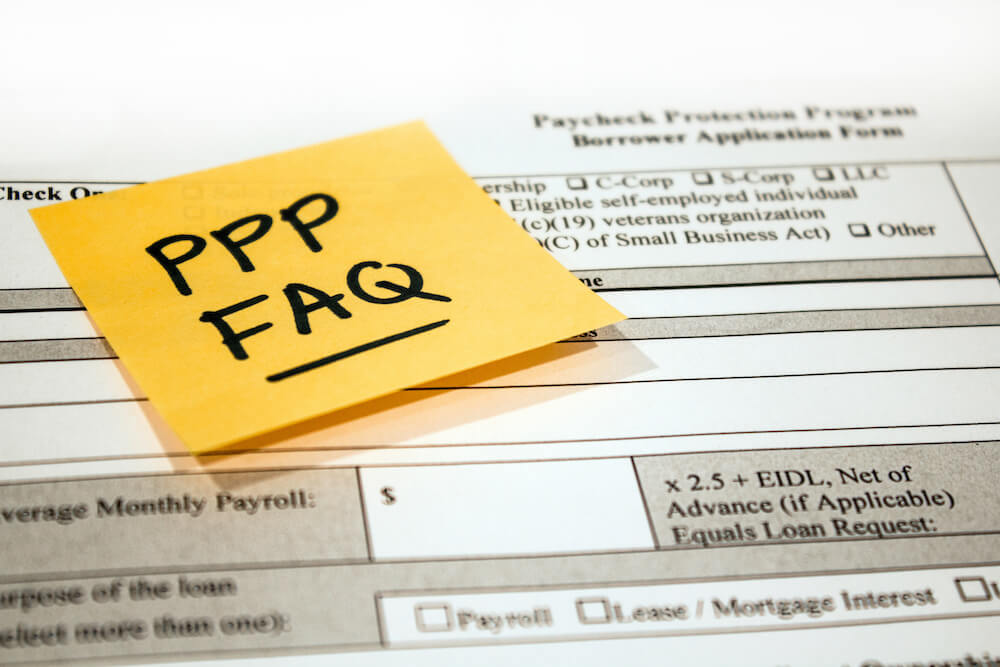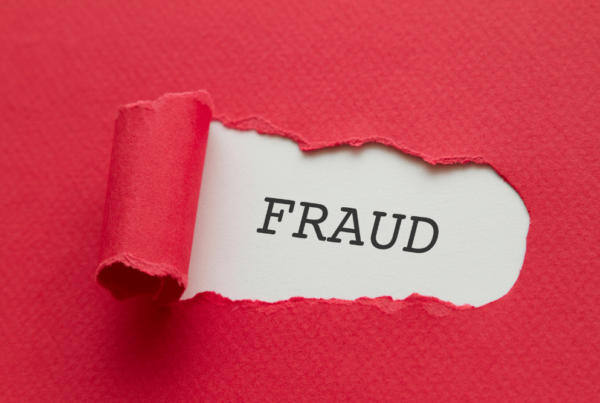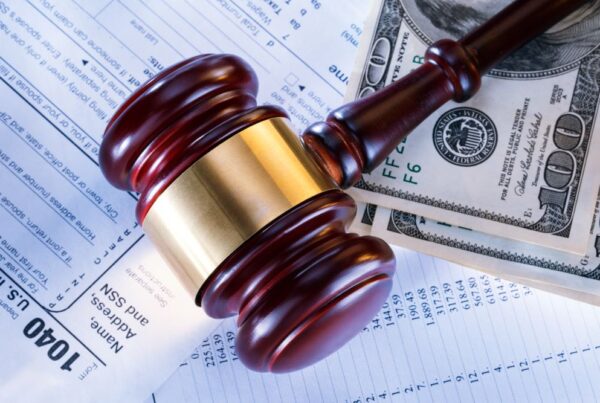As part of the federal government’s response to the COVID-19 pandemic, the Paycheck Protection Program (PPP) was enacted as part of the Coronavirus Aid, Relief, and Economic Security Act (CARES Act) in April 2020 and administered by the Small Business Administration (SBA) in collaboration with participating lenders. The PPP has provided crucial financial support to businesses across the United States to help businesses keep their workforce employed during the COVID-19 crisis. However, some individuals and entities have been charged with exploiting this program for personal gain through PPP loan fraud. For any recipient of PPP loan funds, it is important to understand what constitutes PPP loan fraud, what federal statutes are used to charge alleged offenders, the potential penalties if convicted of PPP loan fraud, and the possible defenses for those accused.
How Does The Federal Government Define PPP Loan Fraud?
Simply put, PPP loan fraud refers to any intentional misrepresentation or deception perpetrated by an individual or entity to unlawfully obtain funds from the Paycheck Protection Program. The true extent of PPP loan fraud is challenging to quantify precisely. However, according to the Department of Justice (DOJ), as of March 2022, more than 1,000 individuals were charged with PPP-related fraud, amounting to over $1.1 billion in alleged fraudulent loans. This led to the seizure of over $1 billion in Economic Injury Disaster Loan proceeds and hundreds of civil investigations into more than 1,800 individuals and entities for alleged misconduct in connection with PPP and other pandemic relief loans totaling more than $6 billion.
Who Investigates PPP Loan Fraud?
Claims of PPP loan fraud are typically investigated by multiple agencies at both the federal and state levels. The primary entities involved in investigating PPP loan fraud include:
Small Business Administration Office of Inspector General (SBA OIG)
The SBA OIG is responsible for investigating potential fraud, waste, and abuse related to SBA programs, including the PPP. They conduct audits, inspections, and investigations to identify fraudulent activities, improper use of funds, and violations of program regulations.
Federal Bureau of Investigation (FBI)
The FBI, as the primary federal investigative agency, plays a crucial role in investigating various types of fraud, including PPP loan fraud. They work in collaboration with other agencies to uncover fraudulent schemes, gather evidence, and build cases against individuals or entities involved in fraudulent activities.
Department of Justice (DOJ)
The DOJ, through its various divisions, including the Fraud Section and U.S. Attorneys’ Offices, is responsible for prosecuting federal crimes, including PPP loan fraud. They work closely with investigative agencies to evaluate evidence, bring charges against perpetrators, and seek legal remedies.
Internal Revenue Service – Criminal Investigation (IRS-CI)
The IRS-CI focuses on investigating financial crimes, including those related to PPP loan fraud. They have specialized agents with expertise in financial transactions and tax-related offenses, providing valuable resources in uncovering fraudulent activities.
Other Federal and State Law Enforcement Agencies
Depending on the specific circumstances and jurisdiction, other agencies such as the U.S. Postal Inspection Service, Secret Service, state attorneys general, and state/local law enforcement may also be involved in investigating PPP loan fraud cases.
How Does the Federal Government Prosecute PPP Loan Fraud?
Under federal law, several statutes can be applied to prosecute individuals accused of PPP loan fraud. The key federal statutes most commonly used include:
False Statements to Obtain Loans or Credit (18 U.S.C. § 1014)
This statute makes it a federal crime to knowingly make false statements, overvalue assets, or conceal material facts to influence a financial institution’s decision in granting a loan or credit. In the context of PPP loan fraud, this statute can be applied when individuals or entities intentionally provide false information or make material misrepresentations on their loan applications to secure PPP loan funding.
Wire Fraud (18 U.S.C. § 1343)
Wire fraud is a federal offense involving wire, radio, or television communications to devise a scheme or artifice to defraud someone of money or property. In PPP loan fraud cases, wire fraud charges may be brought when individuals use electronic means, such as emails, phone calls, or online platforms, to facilitate fraudulent activities in relation to obtaining PPP loans.
Conspiracy to Commit Offense or Defraud the United States (18 U.S.C. § 371):
This statute prohibits individuals from conspiring to commit any offense against the United States or defraud the government. In the context of PPP loan fraud, conspiracy charges may be filed when two or more individuals work together to orchestrate a fraudulent scheme, such as conspiring to submit false loan applications or falsifying supporting documents.
False Claims Act (31 U.S.C. § 3729):
While not specific to PPP loan fraud, the False Claims Act can also be invoked in cases involving fraudulent claims for government funds. This statute imposes liability on individuals or entities who knowingly submit false or fraudulent claims for payment or approval by the government, including PPP loans.
It is important to note that the specific charges and statutes utilized in prosecuting PPP loan fraud cases may vary depending on the circumstances and evidence involved.
PPP loan fraud can carry significant penalties upon conviction. The specific penalties vary based on the charges brought forth by federal prosecutors and the severity of the fraud committed. However, potential penalties may include the following:
Imprisonment
Individuals found guilty of PPP loan fraud may face imprisonment ranging from several months to several years, depending on the circumstances of the case.
Fines
Convicted individuals may be required to pay substantial fines, potentially reaching hundreds of thousands or even millions of dollars, based on the amount of fraud involved.
Restitution
Courts may order individuals convicted of PPP loan fraud to repay the fraudulently obtained funds, along with any additional financial losses incurred by the victims.
What are the Possible Defenses to Charges of PPP Loan Fraud?
Depending on the particular charges one faces, alleged PPP loan fraud offenders may have several potential defenses available to protect their rights and establish their innocence, including:
Lack of Intent
Demonstrating that the alleged fraudulent actions were unintentional and not done with the purpose of deception can be a valid defense.
Lack of Knowledge
Proving that the accused had no knowledge of the fraudulent scheme or the misrepresentations made during the loan application process can be a viable defense strategy.
Mistake or Error
Showing that any false statements or misrepresentations made were the result of an innocent mistake or error rather than an intentional act can help build a defense.
Consult With An Experienced Attorney
Many federal statutes provide a legal framework to prosecute individuals suspected of committing fraudulent activities related to PPP loans. The penalties for such crimes can be severe, including imprisonment, fines, and restitution. It is important for those facing allegations of PPP loan fraud to consult with an experienced attorney who can explore potential defenses and safeguard their rights throughout the legal process. Contact our firm for more information.






